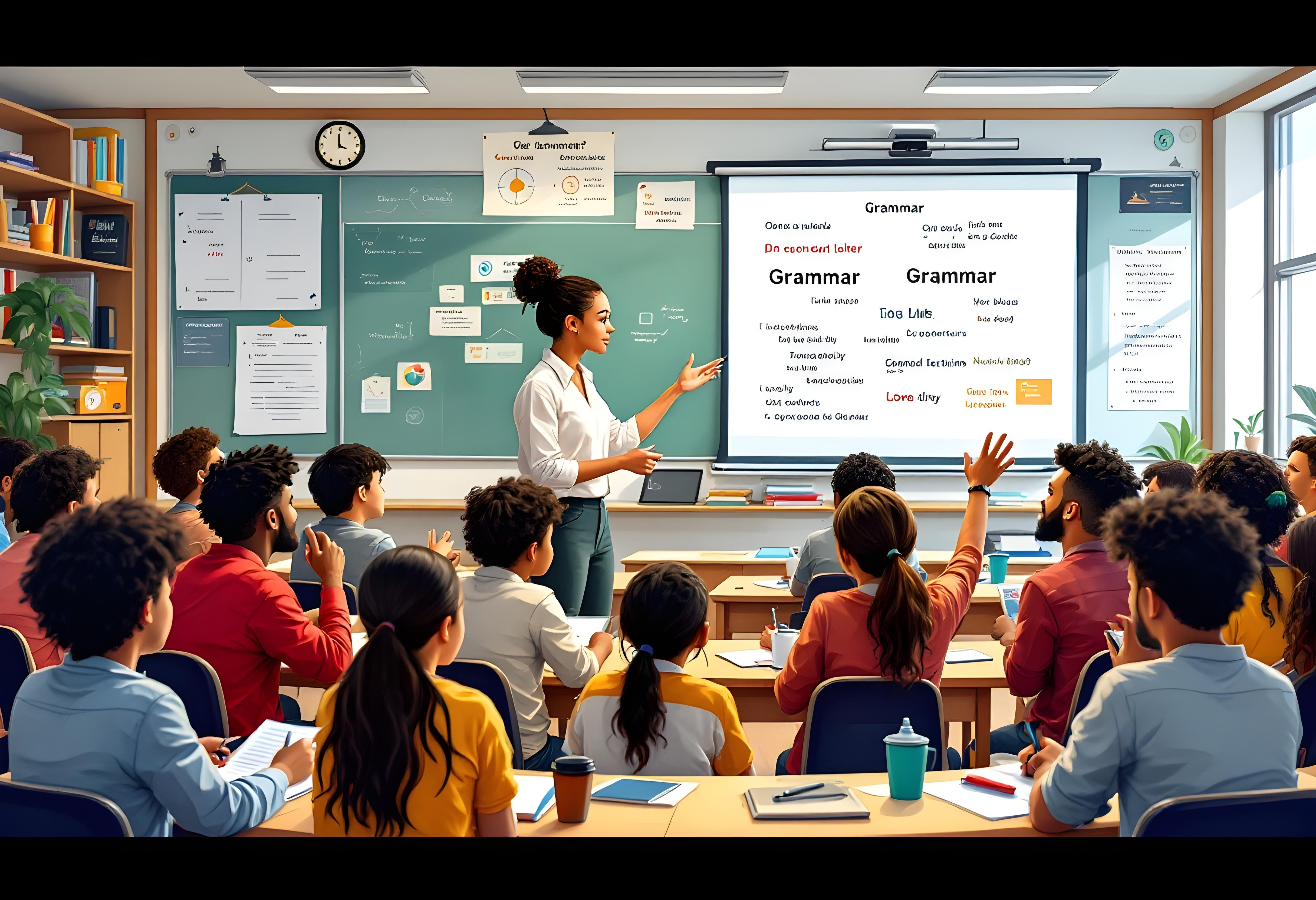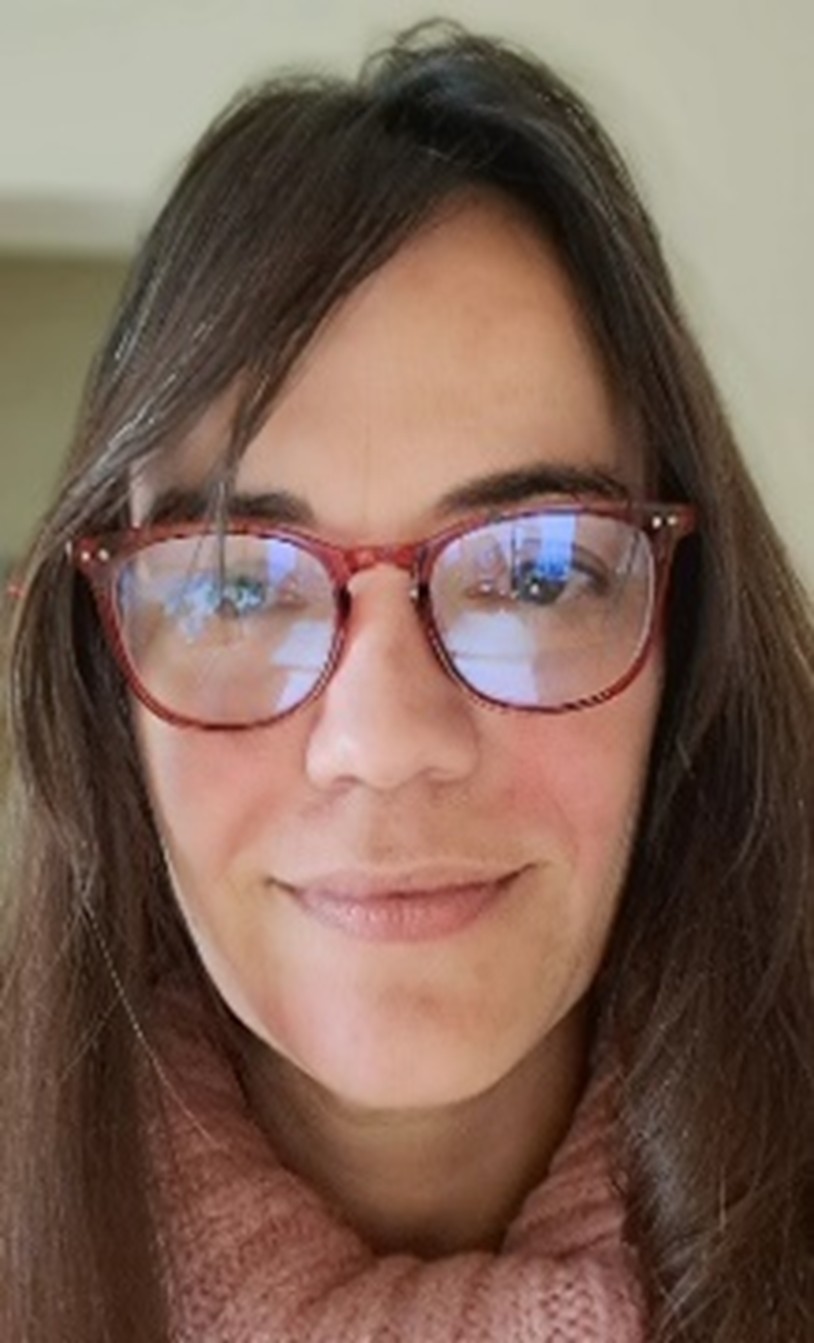In class:
“What does should mean?” Hands are being raised.
“It means must” (translated in Greek). No, it doesn’t, I thought, and I immediately replied. “Ok Miss it is similar but must is stronger.” On the way home and having pondered on the issue I kept thinking. If being honest, half of the explanation was correct, but was the translation pedagogical? Is this the 2025 right approach? No matter the new methods, the new era, the dominance of AI, the active and collaborative learning, the gamification, the passion that we tackle and apply new methods and our strong belief in their effectiveness, and all the revitalizing and refreshing proposals that our role evangelize, when it comes to grammar unfortunately (or not) the easy way prevails.
How deep is it in our blood? I am still contemplating how difficult it is to get rid of these obsolete techniques and at the same time how saving can be proved when teachers have reached our limits and have been drained from resources. Still, is translation really saving? Do we know our own language in depth? Any language; Greek, Dutch, Spanish, Chinese, Mandarin… whichever. When teaching adverbs for example, a topic in which misplacing is really common, at least in Greek, being aware of our syntax goes without saying. Let alone teaching adults who demand from the teachers to understand how the second language functions. Contrary translation is an obstacle which confuses more the process in class. It should be the very last step.
English language is a synthetic one, but Greek is more. Passive voice and tenses are most of the time a composition of two elements and maybe three. Examples such as “I cook”, “I am cooking” and “I have been cooking”, have the same translation in Greek which in these cases is just one word. Unless you add time expressions in the translation which is not in the English clause. Huuuuuge and old school mistake. We encounter the same problematic in the case of passive voice. Two or three elements in English, less in Greek. I am really questioning translation. It is subject to the teacher’s excellent knowledge of his first language and to malfunction of the second language.
The other way round is even more confusing and frustrating for the students. Most of the professionals teach that uncountable nouns like “sugar” do not have plural. True! Or not? My long-term presence in England taught me the opposite. In cafes and restaurants when ordering refreshments the answer to the question “any sugar ma’am?” could easily be “yes please! 3” Not 3 cubes! It was implied but it was not stated. To reiterate the aforementioned situation many where the times that the customers ordered “Can I have three sugars please? Definitely, on an exam-oriented lesson and context that would be out of the question. The question though is what are we aiming for? Certificates? Of English Language acquisition? Ideally both, and this is the requirement.
It's high time we moved forward. Focus should be given on fluency whatsoever. Correcting minor differences of special structures, unimportant mistakes and highlighting the rule with its infinite subcategories ideally should be buried. Instead, creating stories all together in class and writing poems based on a phenomenon that is on the syllabus on the specific day and having peer correction reinforces grammar skills. If Revising tenses is the lesson target, then it can be accomplished by using the above technique. Asking for information like “who were the characters”,’ what happened’, ‘why did the main character react like that’, and ‘how did he behave at the end’ include words which are principal for forming questions. Expressing feelings and emotions through a poem is the steppingstone of teaching and learning vocabulary.
Correction and inductive teaching should come from the students during the educational process. When the learners themselves find out the rules and their exceptions throughout the lesson and come to a fruitful conclusion before they leave, not even homework is needed. Happy and successful teachers ask questions like: “So this tense/expression/clause is used…… and not when…… is this right? Mind maps and grammar charts are available in teachers’ hands and they have been proved to be productive, educational and to reinforce teamwork. Online quizzes having deliberate mistakes and witticism are so much fun and relieving. The class gets more connected and a stronger link to the chain is added.
Human connection and dedication are fundamental in all professions. Otherwise sooner or later we are all going to be replaced by machines, which thankfully for all, they are not infallible.* Reskilling and upskilling are the key elements. It is at teachers’ disposal to alter the answer on the IWB if we believe that it is not the correct one, or to add a different one next to the one given to avoid discrepancies and frustration in class. Machines are made by humans who are fallible. Change the answer, dare, be creative and confident, open and ready to be taught both by colleagues and students. I always need someone to teach me how they translate in class “I am honest” vs “I am being honest” using the exact translation of ‘BE’ and nothing more. I am willing to use it if I reach my limit and I run out of educational solutions.
*Just for reference, the auto correction has been underlying many words or phrases all this time. Some of them are correct because passion sweeps you away and omits words and letters. But some others? ..I am not changing them .I will leave them to the editor.

